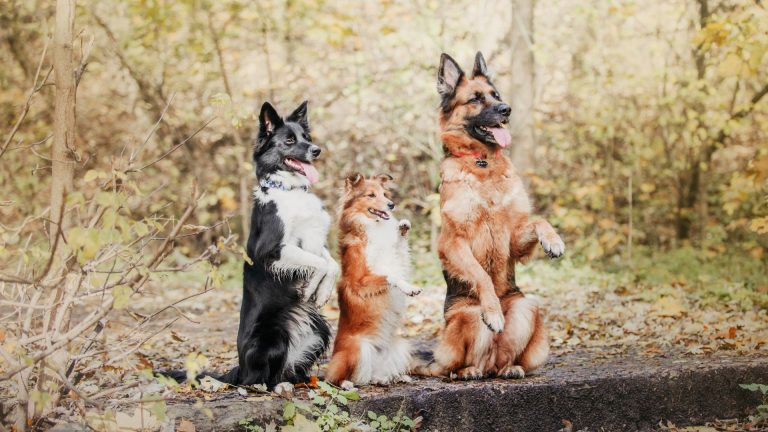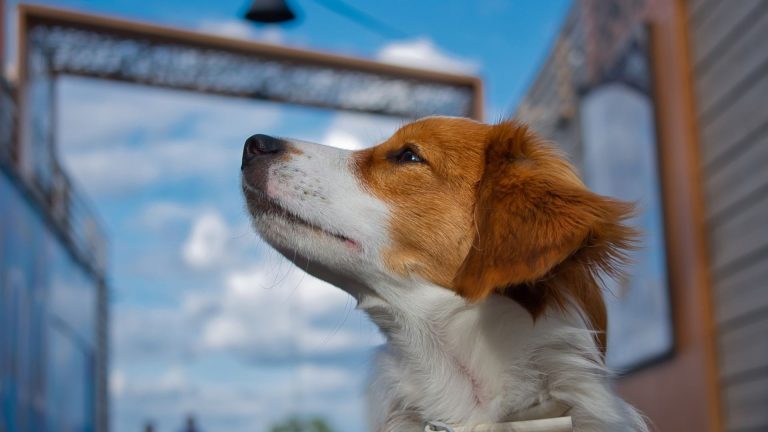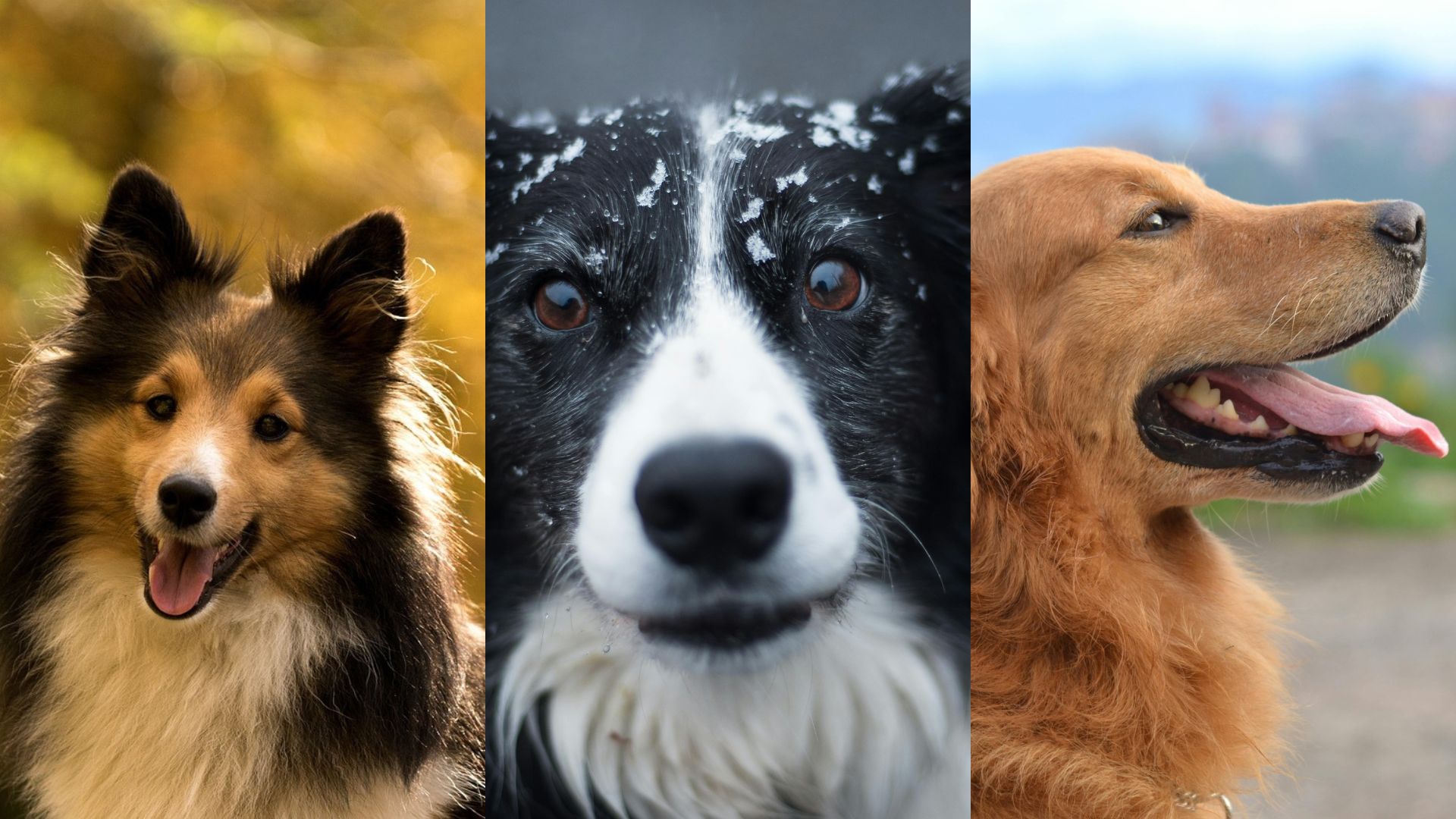
Contents
- 1 Key Qualities of Well-Behaved Dogs
- 2 1. Labrador Retriever
- 3 2. Golden Retriever
- 4 3. Cavalier King Charles Spaniel
- 5 4. Poodle (Standard and Miniature)
- 6 5. Bichon Frise
- 7 6. Bernese Mountain Dog
- 8 7. Shih Tzu
- 9 8. Boxer
- 10 9. Border Collie
- 11 10. Shetland Sheepdog
- 12 Tips for Training Well-Behaved Dogs
- 13 Conclusion
If you’re searching for a dog breed that’s easy to train, calm, and great around family, it’s essential to consider breeds known for their good behavior. While training, environment, and individual personality play significant roles, some breeds are naturally predisposed to be gentle, easygoing, and obedient. In this guide, we’ll explore well-behaved dog breeds that make excellent companions for a variety of lifestyles.
Key Qualities of Well-Behaved Dogs
When we talk about “well-behaved” dogs, we often refer to several key traits:
- Trainability: How easy it is for the dog to learn commands and skills.
- Temperament: Calmness, friendliness, and a steady demeanor.
- Adaptability: The ability to adjust to various environments and people.
- Social Nature: How well the dog gets along with people, children, and other animals.
These qualities combine to create a pet that is easy to live with, adaptable to different settings, and, most importantly, a joy to be around. Let’s look at some of the top breeds that fit this description.
1. Labrador Retriever
Why Labradors Are Well-Behaved
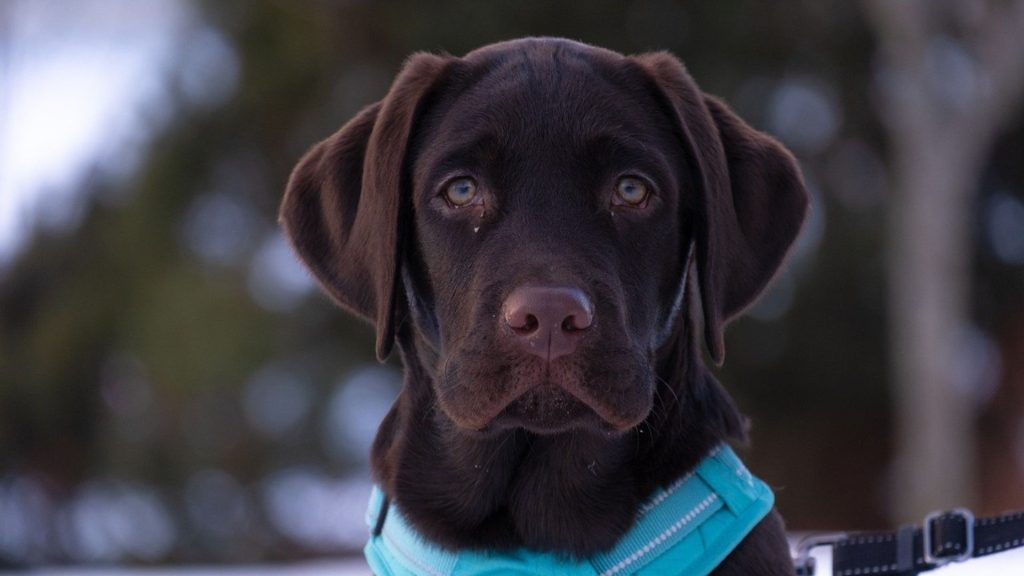
Labrador Retrievers are often seen as the gold standard for a well-behaved dog. This breed is famously friendly and loves being around people, making it an excellent choice for families with children.
Key Traits:
- Trainable: Labs are eager to please and highly intelligent, which makes them easy to train. They respond well to positive reinforcement, and their strong food motivation makes them quick learners.
- Gentle Nature: Labrador Retrievers are known for their gentle demeanor, which means they are less likely to become aggressive. They are also very patient, which is why they make great therapy dogs.
Example: If you have young children, a Labrador is likely to play gently, putting up with energetic toddlers without becoming anxious or defensive.
2. Golden Retriever
Why Golden Retrievers Are a Top Choice

Golden Retrievers are another classic well-behaved breed. They share many traits with Labradors but are often considered even more easygoing.
Key Traits:
- Affectionate: Goldens are affectionate and loyal, making them excellent family pets. They thrive on human interaction and enjoy cuddling.
- Adaptable: These dogs do well in a variety of environments, from suburban homes to more rural settings. They adapt well to children, seniors, and even other pets.
Example: Golden Retrievers are often used as guide dogs for people with disabilities because they are patient and adaptable, making them great in any situation.
3. Cavalier King Charles Spaniel
The Perfect Small Well-Behaved Dog

The Cavalier King Charles Spaniel is ideal for those looking for a smaller breed with a well-behaved demeanor. This breed is gentle, friendly, and incredibly affectionate.
Key Traits:
- Calm and Friendly: Cavaliers are known for their sweet and calm nature. They rarely show signs of aggression and are usually friendly toward other dogs and people.
- Adaptable to Apartment Living: Cavaliers are well-suited to smaller living spaces because of their small size and relatively low energy needs.
Example: If you live in an apartment and prefer a calm, quiet companion who’s still great with kids, Cavaliers are an excellent choice.
4. Poodle (Standard and Miniature)
Intelligent and Trainable
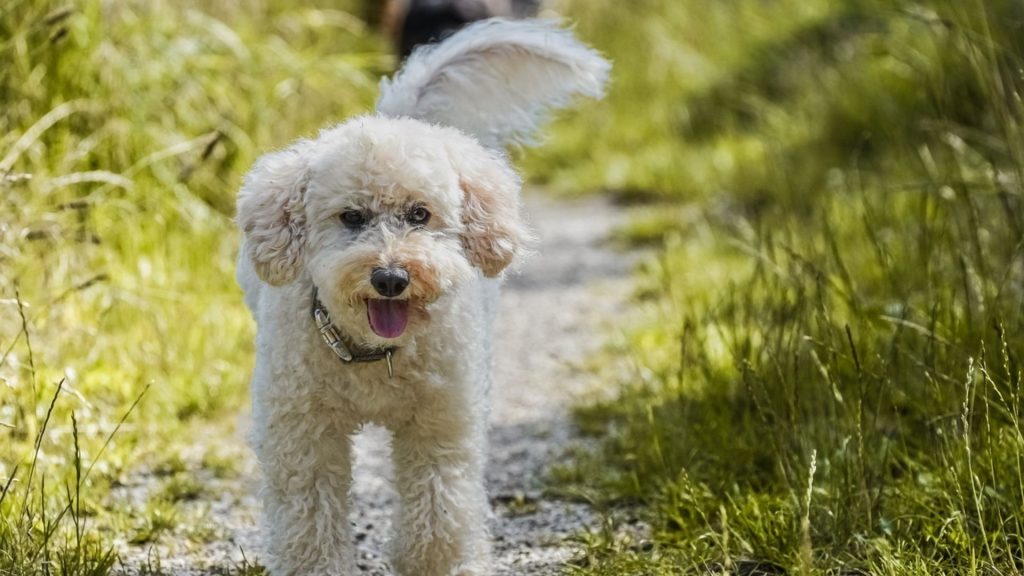
Poodles are one of the most intelligent dog breeds, which makes them highly trainable and well-behaved. They come in a variety of sizes, including standard, miniature, and toy, which makes them adaptable to different households.
Key Traits:
- Highly Trainable: Poodles excel in obedience training and can learn commands quickly. This makes them ideal for families who want a dog that’s responsive and easy to train.
- Versatile: Standard Poodles are excellent for active families, while miniature poodles are great for smaller spaces and quieter lifestyles.
Example: Poodles are often seen competing in agility and obedience competitions, demonstrating their trainability and willingness to learn.
5. Bichon Frise
Friendly and Adaptable
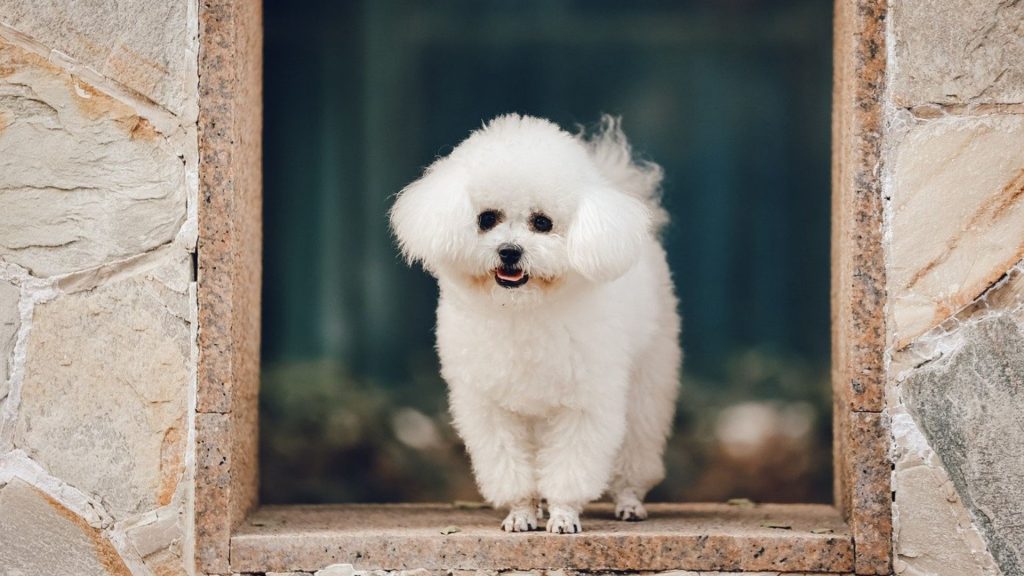
Bichon Frises are cheerful, friendly dogs that make for well-behaved companions. Their social nature and adaptability make them excellent pets for many types of households.
Key Traits:
- Easy to Train: Bichons are eager to please, which makes them relatively easy to train, especially when given positive reinforcement.
- Great for Allergy Sufferers: They have a hypoallergenic coat, which makes them a popular choice for families dealing with allergies.
Example: Bichon Frises are great for families who need a small, adaptable dog that doesn’t shed much and gets along well with kids.
6. Bernese Mountain Dog
Calm and Gentle Giant
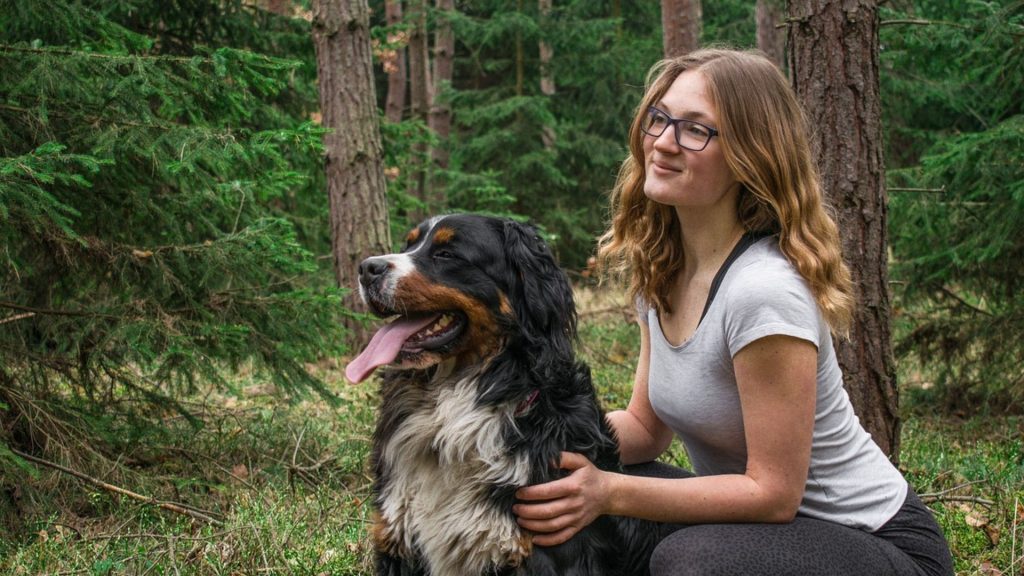
Bernese Mountain Dogs are large, gentle dogs that are known for their affectionate nature. They are ideal for families looking for a larger breed with a calm temperament.
Key Traits:
- Calm Disposition: Despite their size, Bernese Mountain Dogs are gentle and calm, especially around children. They enjoy being part of a family and tend to be very loyal.
- Patience: This breed is patient and not easily agitated, which makes them excellent for homes with children or other pets.
Example: Bernese Mountain Dogs do well in families that have the space for a larger dog and want a pet that’s both protective and friendly.
7. Shih Tzu
Small and Well-Behaved Companion
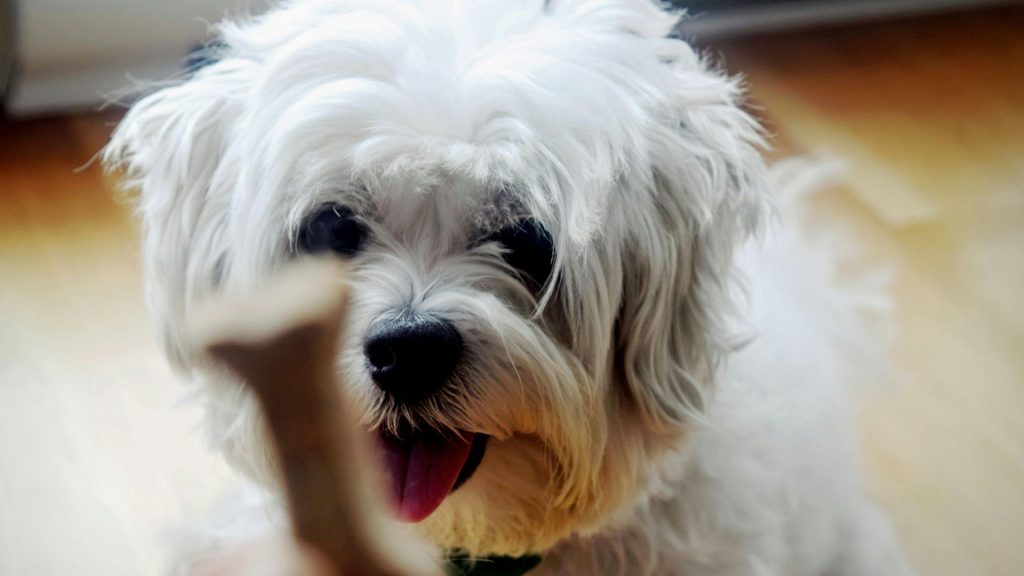
Shih Tzus are well-behaved small dogs known for their affectionate personalities and sociable nature. They love being close to their family and are known for their sweet temperament.
Key Traits:
- Sociable: Shih Tzus love socializing with their families. They are happy to meet new people and usually get along well with other pets.
- Low Exercise Needs: They do not require a lot of exercise, which makes them great for older adults or people who live in apartments.
Example: Shih Tzus are excellent lap dogs for seniors or individuals who want a smaller breed that’s not demanding but still affectionate.
8. Boxer
Energetic Yet Well-Behaved
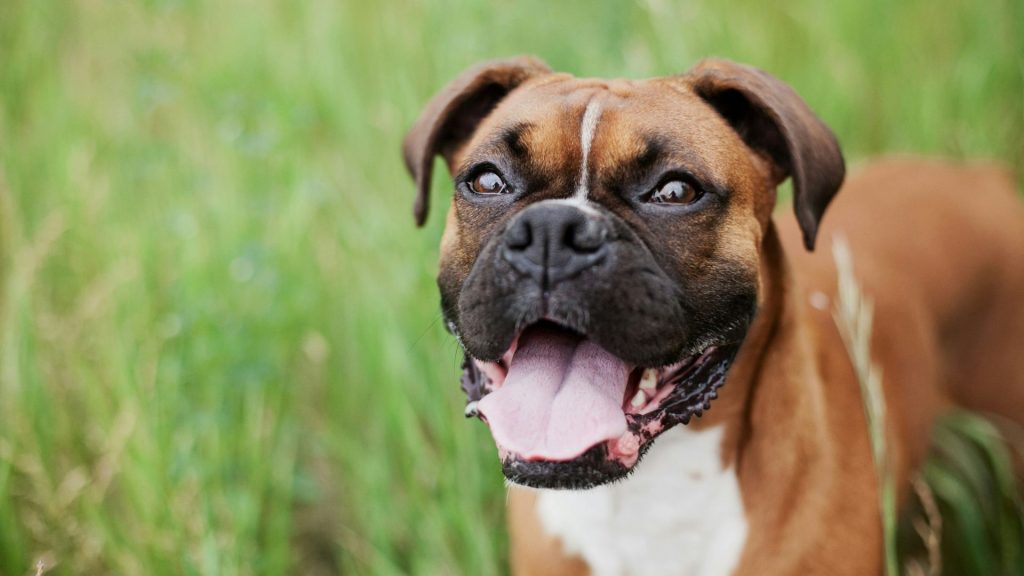
Boxers are known for their playful energy and affection toward their families. Despite their active nature, they are well-behaved with proper training.
Key Traits:
- Loyal and Protective: Boxers are protective of their families but are also very gentle with children, making them great family pets.
- Trainable with Consistency: Boxers require consistent training, but once trained, they are obedient and well-mannered.
Example: Boxers are great for active families that want a dog who’s playful yet capable of being calm indoors when needed.
9. Border Collie
Intelligent and Trainable

Border Collies is one of the most intelligent dog breed. They are energetic but highly trainable, making them ideal for families who enjoy outdoor activities and want a well-behaved dog.
Key Traits:
- Intelligence: Their intelligence allows them to learn complex commands quickly, which means they are easily trainable for obedience.
- Active: Border Collies are energetic and thrive with lots of exercise, making them perfect for families that are active.
Example: If you enjoy running, hiking, or agility sports, a Border Collie will be an active companion who’s also well-behaved.
10. Shetland Sheepdog
Miniature Version of a Collie
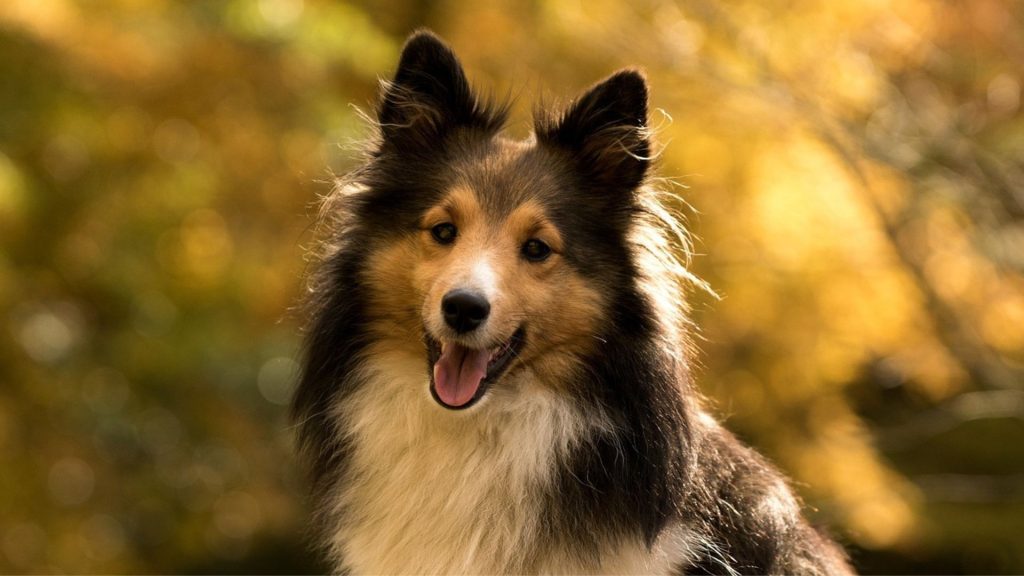
Shetland Sheepdogs, or Shelties, are intelligent, friendly, and extremely loyal. They have similar qualities to the larger Collie but come in a smaller package.
Key Traits:
- Easy to Train: Shelties are intelligent and respond well to training, which means they are easy to manage and teach new skills.
- Protective and Gentle: They are good watchdogs without being overly aggressive, and they’re typically gentle with children.
Example: Shelties are great for families who like the personality of a Collie but prefer a smaller, more manageable size.
Tips for Training Well-Behaved Dogs
No matter the breed, the way a dog is trained plays a significant role in its behavior. Here are some tips to ensure a well-behaved dog:
- Start Early: The earlier you begin training, the better. Puppies are like sponges and can quickly learn commands and social behaviors.
- Use Positive Reinforcement: Reward-based training is effective for all breeds. Treats, praise, and affection go a long way in encouraging good behavior.
- Socialize Your Dog: Introduce your dog to various people, pets, and environments to help them feel comfortable and confident in different situations.
- Consistency Is Key: Be consistent with commands and rules. If a behavior is acceptable one day and not the next, it will confuse your dog.
Conclusion
Choosing a well-behaved dog breed is an important decision that depends on your lifestyle, living space, and the kind of companionship you’re looking for. Whether you want an affectionate lap dog like the Cavalier King Charles Spaniel, an active companion like the Border Collie, or a gentle giant like the Bernese Mountain Dog, there is a well-behaved breed out there that will fit perfectly into your life.
Remember, while breed characteristics give a good indication of temperament, every dog is unique. With the right training, socialization, and love, almost any dog can become a well-behaved companion.
If you’re considering adding a new member to your family, take time to meet different breeds and consult with breeders or rescue groups to find a dog that matches your personality and lifestyle. A well-matched dog will not only be well-behaved but will also be a cherished member of your family for years to come.

Hello, I’m Donna Carter, the founder and writer behind PetFleck.com. My journey with dogs started years ago, and it’s been a passion that has only grown stronger over time. I’ve always been fascinated by the unique behaviors and characteristics of different dog breeds, and this curiosity has led me to dive deep into the world of canine studies.
My love for dogs is the driving force behind everything I do. I’ve dedicated countless hours to researching and understanding the nuances of dog care, training, and breed-specific traits. This dedication helps me create content that is not only informative but also genuinely helpful for fellow dog lovers and owners.
At PetFleck, I combine my extensive knowledge and hands-on experience with my passion for dogs to provide valuable insights and tips. Whether it’s exploring different breeds or offering practical advice on dog care, I aim to share knowledge that makes a real difference in the lives of dogs and their families.
I’m thrilled to share my love for dogs with you through my writing. I hope my articles inspire and inform, helping you to better understand and appreciate the incredible bond we share with our furry friends.
Thank you for visiting PetFleck.com, and I look forward to connecting with you through our shared love of dogs!

